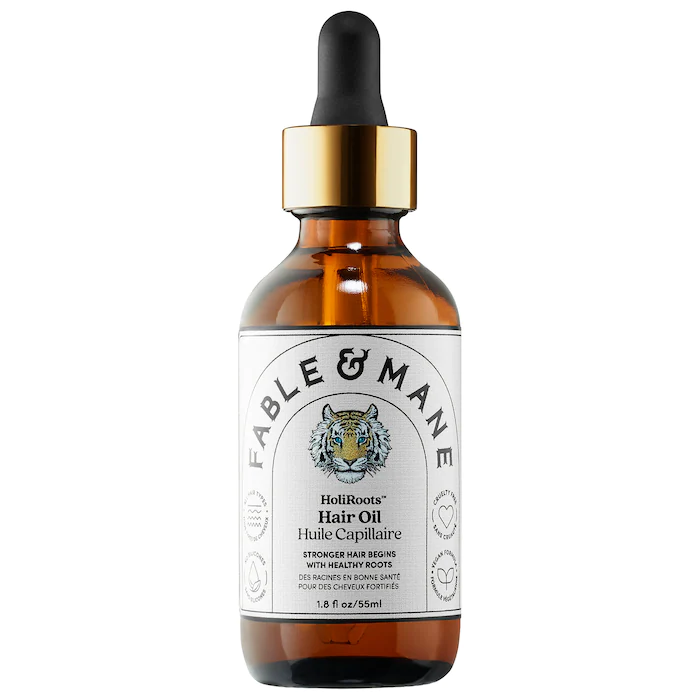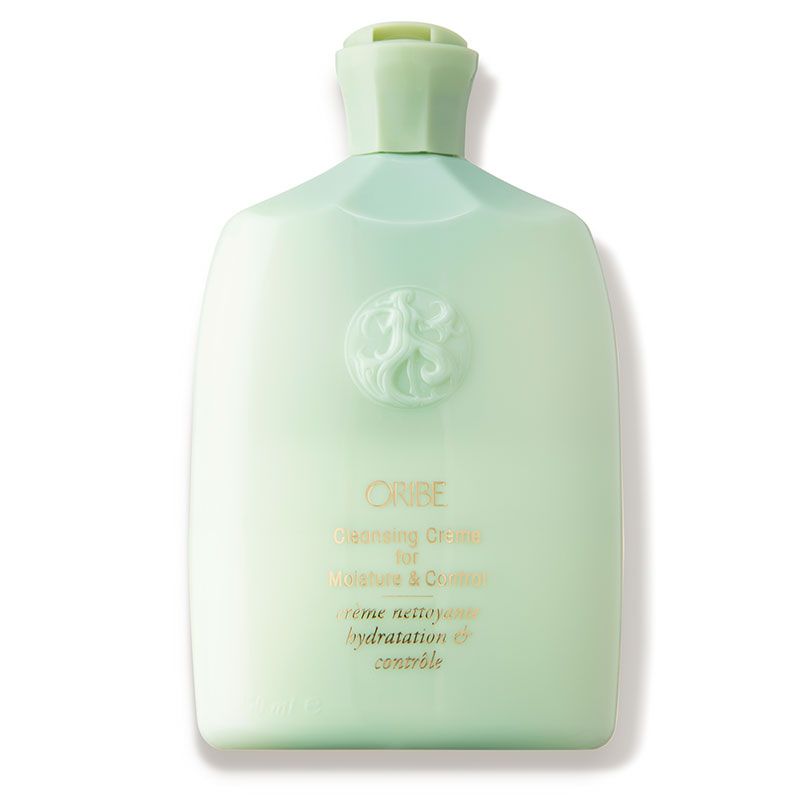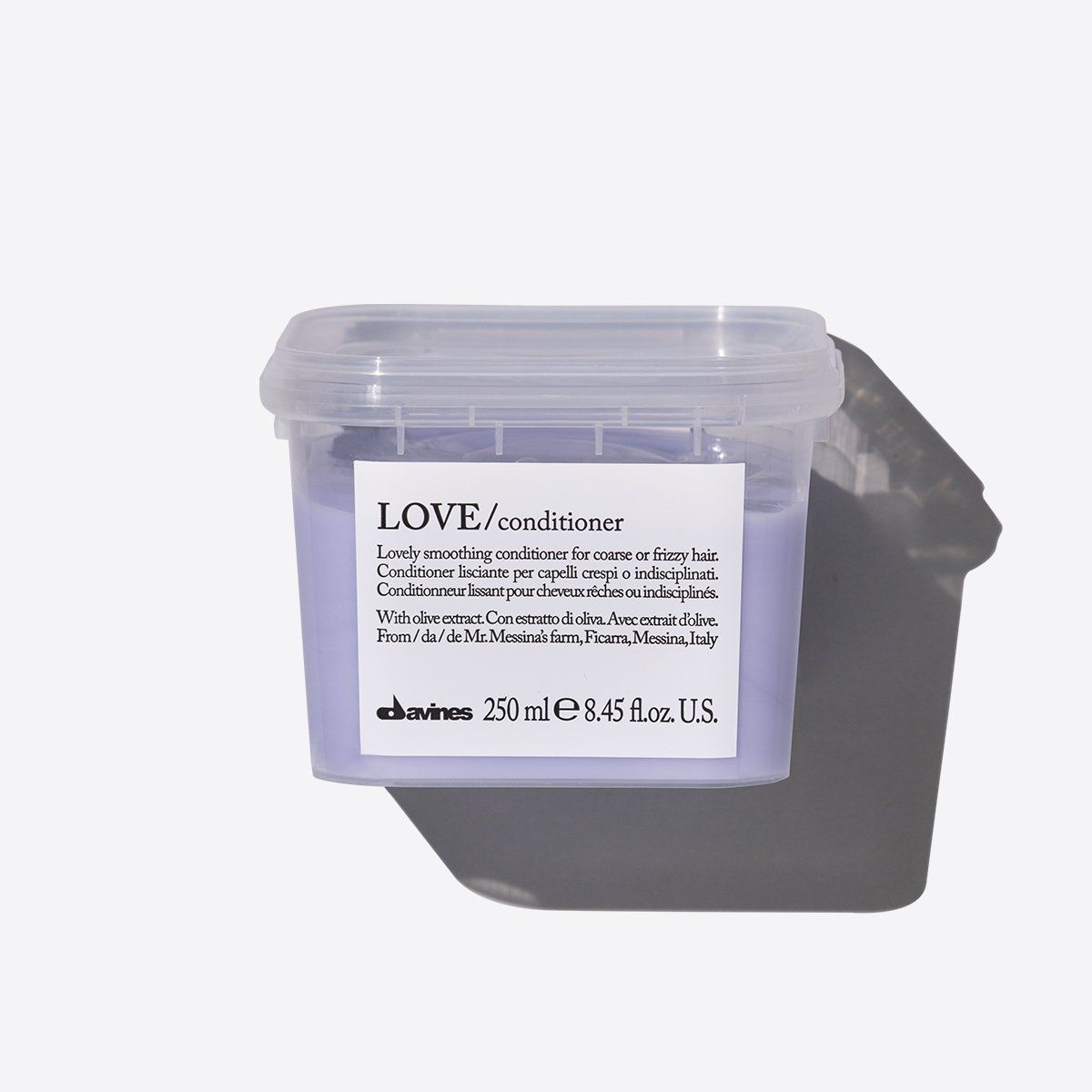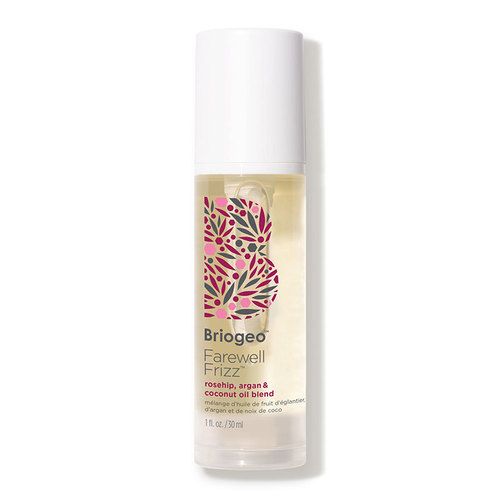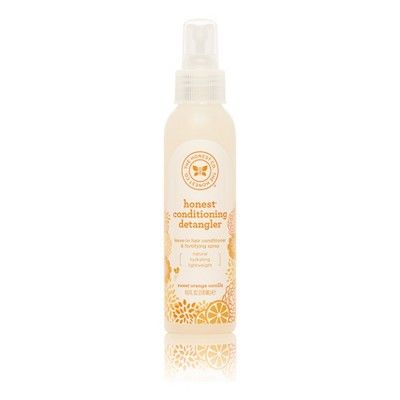The Expert’s Guide to Frizzy Hair
You know what frizzy hair looks like and feels like. Live somewhere hot and humid, and you probably even know what causes it. But what exactly is frizz? According to hairstylist Nigella Miller, it is “hair that doesn’t align with surrounding hair, caused by hair-swelling moisture. Frizziness happens when the level of humidity in the area is greater than the level of water in your hair, ” she explains. “You absorb a great amount of moisture from the air, whether you’re indoors or outdoors. Once your hair strand has consumed all the moisture, it will cause hair to swell and frizz.”
Though humidity is a key cause, Miller also lists genetics and hair damage as the two other main frizz factors. Laura Polko, celebrity hairstylist and NatureLab Tokyo ambassador, also notes hormone changes “such as pregnancy” as a potential cause. “Hormones can increase the length of the hair cycle which leads to less hair shedding which makes hair appear more frizzy,” she explains. But how do you handle it? Read on for more tips and tricks from industry pros.
Best Products for Frizzy Hair
How To Stop Hair Frizz
If your hormones are par for the course and you haven’t been indulging in hair-damaging habits, then you can fight right back with frizz using the same science. “The key to preventing frizz for straight, wavy, and all curly textures is keeping your hair moisturized,” says Miller. “Anti-humectants are go-to products to tame frizz. It repels moisture. I would use any anti-humectant products that contain natural ingredients like shea butter, avocado oil, olive oil, and castor oil.”
How To Prevent Frizz For Wavy & Curly Hair
Curly and wavy hair tends to lack moisture naturally, so it can be more prone to frizz. However, don’t just throw oil on your hair and think you’ve cracked the code. “I would go deeper and build a cleansing and conditioning regimen that works for your hair type,” says Miller. “Find a great cleanser or cowash that’s not too harsh, a mask or deep conditioner to add protein and hydration into your hair cuticle, and a great conditioner to help seal your cuticle.”
Only then can you factor in styling products (Miller recommends looking for ones that detangle, protect, and nourish, too). After that? Go ahead and grab your oil. “The point is to keep moisture in when it comes to wavy or curly,” explains Miller.
How To Prevent Frizz For Straight Hair
Straight hair can still experience frizz, even if it isn’t necessarily for the same reasons as curly hair. “It tends to be caused by breakage or color damage,” notes Polko. “Damage causes frizz because hair cuticle layers should ideally lie flat, but they open up when damaged which gives the appearance of frizz.”
In short, all that straightening, blow-drying, and styling that you love to do to your hair? It adds up. “Straight hair may experience more by just being dry—too much heat styling or chemical services, which affect and roughens the cuticles,” adds Miller. While going without your flat iron and highlights is probably the quickest way to cut back on frizz, you can still live the best of both worlds by using heat protectants, hair treatments, and TLC throughout your entire routine.
Source: Read Full Article
